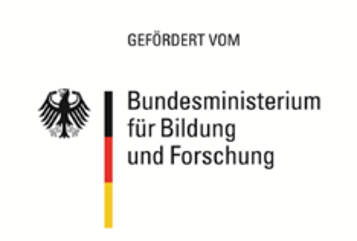Literatur zu Vulnerabilität in der Krise
Key considerations: COVID-19 in informal urban settlements
Beschreibung
Informal settlements face considerable challenges around the control of COVID-19 but locally developed strategies could mitigate the worst of the outbreak as long as action is taken fast. Preparedness and early action by local governments and communities is essential. Once an outbreak occurs escalation can be rapid, leaving little room for further planning.
The principle approaches for reducing COVID-19 transmission are the same in any context; i.e. reducing physical contact and improved hygiene. The tactics used will differ in informal settlements where there are acute challenges around space, water, and sanitation, and where people have an increased risk of eviction and livelihoods are precarious. Financial and non-financial resources (e.g. information, equipment, supportive policy making) are urgently needed to enable local residents to develop and implement their own strategies.
Informal settlements can be highly organised, with a range of local groups and community structures providing and advocating for services as well as collecting data on residential populations and facilities. These groups are well-placed to mount COVID-19 responses and many already are. They are particularly well-placed to consider options in their area for decentralised forms of care, isolation and physical distancing.
Public health interventions must be balanced with social and economic interventions, especially in relation to the informal economy on which most people depend. Direct and indirect impacts throughout the informal economy must be considered. The vulnerabilities to COVID-19 are immense in informal settlements, but if control measures are poorly executed they could also have deep negative impacts.
Clear information and advice is needed. People living in informal settlements already live alongside fatal infectious diseases. They should be informed about COVID-19, how it is different from other diseases and why the response asked of them for COVID-19 may be different. This is required to establish trust and mutual understanding given that extraordinary measures are not normally taken for the other fatal infectious diseases they live with. When people perceive undue attention being given to some diseases, especially for the apparent benefit of other people, it can hinder trust and collective action. Inconsistencies with prior action will need to be addressed.
Historically, informal settlements and their residents have been stigmatised, blamed, and subject to rules and regulations which are unaffordable or unfeasible to adhere to. Responses to COVID-19 should not repeat these mistakes. Collaborating with local residents and trusting them as stewards of their community, with unsurpassed knowledge of relevant spatial and social infrastructures, will enable effective control measures.
It is important to understand community power dynamics and political histories in a given settlement. In some urban settings, topdown control measures may be perceived as being used to oppress and further marginalise residents or to curtail political opposition
Erschienen
2020
Themen
Pandemiebezogene Maßnahmen
Vulnerable Gruppen
Vulnerable Gruppen
Herausgeber*innen
Social Science in Humanitarian Action Platform
Autor*innen
Institute for Development Studies (IDS)
Link zur Quelle
